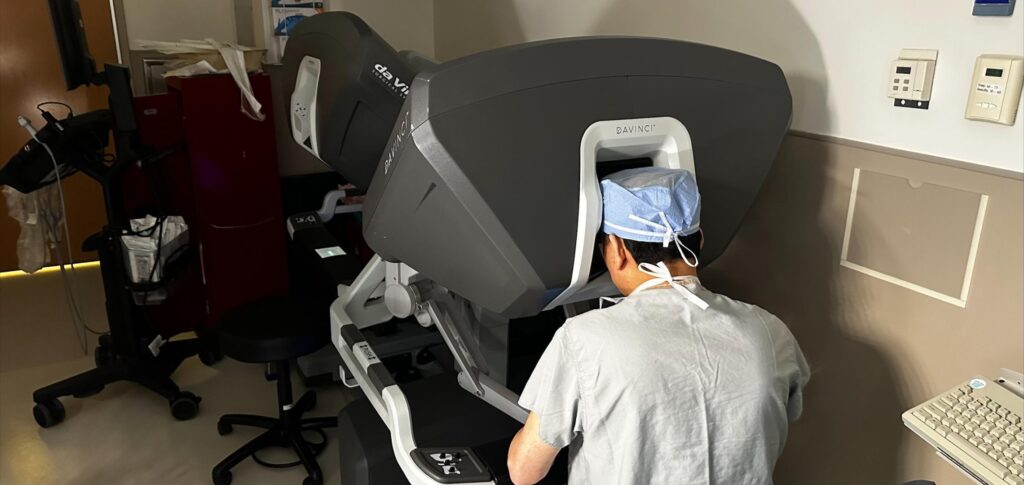HOUSTON, TEXAS – June 26, 2025 – In a groundbreaking advancement that could redefine the future of organ transplantation, surgeons at Baylor St. Luke’s Medical Center in Houston, Texas, have successfully performed the United States’ first fully robotic heart transplant without the need for a traditional chest incision or sternotomy. This revolutionary procedure, carried out in March 2025, marks a significant leap forward in minimally invasive surgery.
The pioneering operation was performed on a 45-year-old patient who had been hospitalized since November 2024 with advanced heart failure. Instead of the conventional method of opening the chest cavity by cutting through the breastbone, the surgical team, led by Dr. Kenneth Liao, Chief of Cardiothoracic Transplantation and Mechanical Circulatory Support at Baylor, utilized a sophisticated surgical robot. The robot allowed them to make small, precise incisions in the abdomen and access the preperitoneal space to remove the diseased heart and implant the donor organ.
This innovative approach offers a multitude of benefits for patients. By avoiding the highly invasive sternotomy, the procedure significantly reduces surgical trauma, blood loss, and the risk of infection. This leads to a much quicker recovery time, earlier mobilization, and improved respiratory function. The patient in this historic case recovered without complications and was discharged within a month, even being cleared to resume physical activity and drive a car in June.
“Opening the chest and spreading the breastbone can affect wound healing, delay rehabilitation, and prolong recovery, especially in heart transplant patients who receive immunosuppressive therapy,” explained Dr. Liao. “With the robotic approach, we preserve the integrity of the chest wall, which reduces the risk of infection and helps with early mobility, respiratory function, and overall recovery.”
Dr. Todd Rosengart, Chair of the Michael E. DeBakey Department of Surgery at Baylor, hailed the achievement, stating, “This robotic heart transplantation represents a remarkable, giant step forward in making even the most complex surgery safer.”
While this is the first such procedure in the U.S., it follows a similar global first performed in Saudi Arabia in 2024 on a 16-year-old patient. The success in Houston underscores the growing potential of robotic technology in transforming complex medical procedures, promising a future where life-saving surgeries are not only more efficient but also significantly less invasive for patients. The medical community anticipates that this breakthrough will pave the way for broader application of robotic techniques in organ transplantation and other intricate surgeries. Sources







